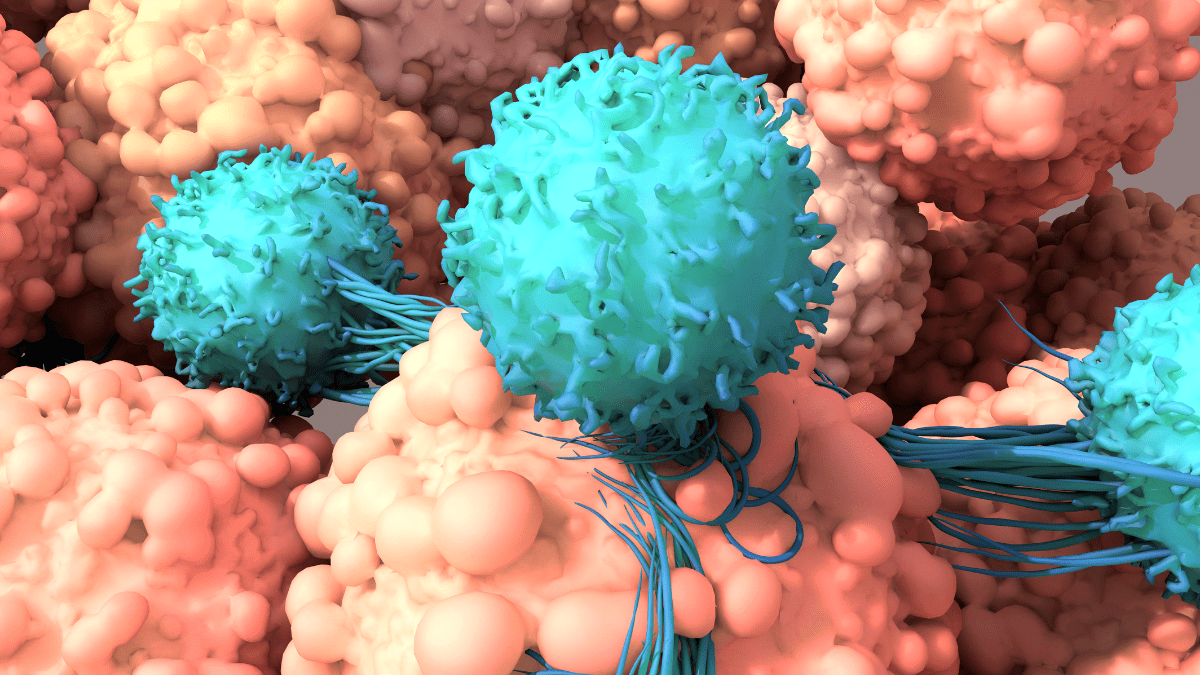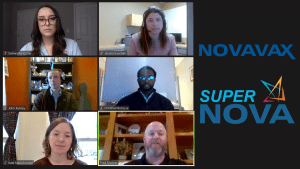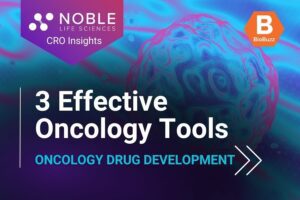
UPenn Spinout Verismo Gears Up to Enter Innovative CAR Ts Into the Clinic for Solid Tumors
After receiving clearance from the U.S. Food and Drug Administration, Verismo Therapeutics is taking its investigational asset SynKIR-110 into the clinic for different oncology indications.
The Phase 1 STAR-101 study will assess SynKIR-110 in patients with mesothelin expressing ovarian cancer, cholangiocarcinoma, and mesothelioma. Philadelphia-based Verismo, a spin-out of the University of Pennsylvania, is seeking to develop the experimental drug for the care of high, unmet needs in cancer. For each indication, the five-year survival rates are 49.7% for ovarian cancer, 30% for cholangiocarcinoma, and 10% for mesothelioma.
Patients suffering from these diseases urgently need a successful treatment option, Verismo Chief Executive Officer and co-Founder Bryan Kim, DMD, told BioBuzz. Kim noted current treatment options for these cancers are limited.

In ovarian cancer, there are several treatments beyond chemotherapy, including monoclonal antibodies such as bevacizumab. However, Kim noted that ovarian cancer patients suffer from a high relapse rate and low survival rate. These relapses typically occur within two years, he said.
Patients suffering from cholangiocarcinoma, a cancer of the bile duct, have no generally-accepted standard of care following first-line chemotherapy. Chemotherapy has shown modest results but no impact on overall survival.
Mesothelioma, a cancer caused by exposure to asbestos, is typically treated by combination chemotherapy and sometimes bevacizumab. However, there is no clear standard of care beyond first-line therapy, and no curative treatment, and therefore leaves patients with a high unmet need, he said.
When SynKIR-110 enters the clinic, it will mark the first-in-human study for Verismo’s SynKIR T cells, which are a next-generation approach to cell therapy targeting solid tumors powered by the KIR-CAR platform. The company’s multi-chain KIR-CAR construct reduces T cell exhaustion through the natural on-and-off switch that allows the cells to rest when not bound to the tumor. Kim said this is important, especially when using CAR T therapy against solid tumors.
“Up to now, typical CAR T cells have had only minor impacts in treating patients’ solid tumors. One major issue has been that although single-chain CD3-based CAR T can provide an initial anti-tumor response, they rapidly become ‘exhausted’, losing their anti-tumor function,” Kim said.
He explained that typical single-chain CAR T are comprised of ‘chimeras’ of three or four proteins recombined into a single multifunctional entity. It’s this “unnaturally formed single-chain “that causes typical CAR T to undergo continual nonspecific activation, Kim said. And, it’s because of this continued activation that CAR T cells are unable to “shut down to rest and recover to fight another day.”
Kim noted that Verismo’s technology creates a physical separation of the tumor-binding and the T cell activating signals that work outside of the CD3 pathway. As a result, Verismo’s KIR-CAR are able to fully activate upon tumor encounter, as well as rest down and recover between rounds of tumor attacks.
“This stimulation and recovery cycle is more reflective of the natural cellular immune response, and results in KIR-CAR treatment of solid tumors in preclinical models where single-chain CAR T cells fail,” he added.
Heading into the clinic, SynKIR-110 is backed by pre-clinical data that has shown enhanced efficacy in murine models with no additional safety concerns. Kim said the IND clearance validates the company’s research programs and will serve as a pivot point for its KIR-CAR T platform. The goal will be to transition the success the program has seen in preclinical work to best-serving patients in need.
“Once we demonstrate this can be used safely in patients, it opens up a whole field of potential targets and diseases we can treat using our KIR-CAR technology,” he said.
SynKIR-110 received Orphan Drug designation from the FDA, which could streamline potential regulatory review if the clinical program is successful. If approved, Kim noted that Verismo may be eligible for up to 7 years of marketing exclusivity for the treatment of patients with mesothelioma.
Enrollment in the company’s Phase 1 study is expected to begin in the first quarter of 2023. It will include patients with confirmed mesothelin-expressing mesothelioma, ovarian cancer or cholangiocarcinoma who have already received a first-line treatment and either did not respond to the medication or their disease has returned.





